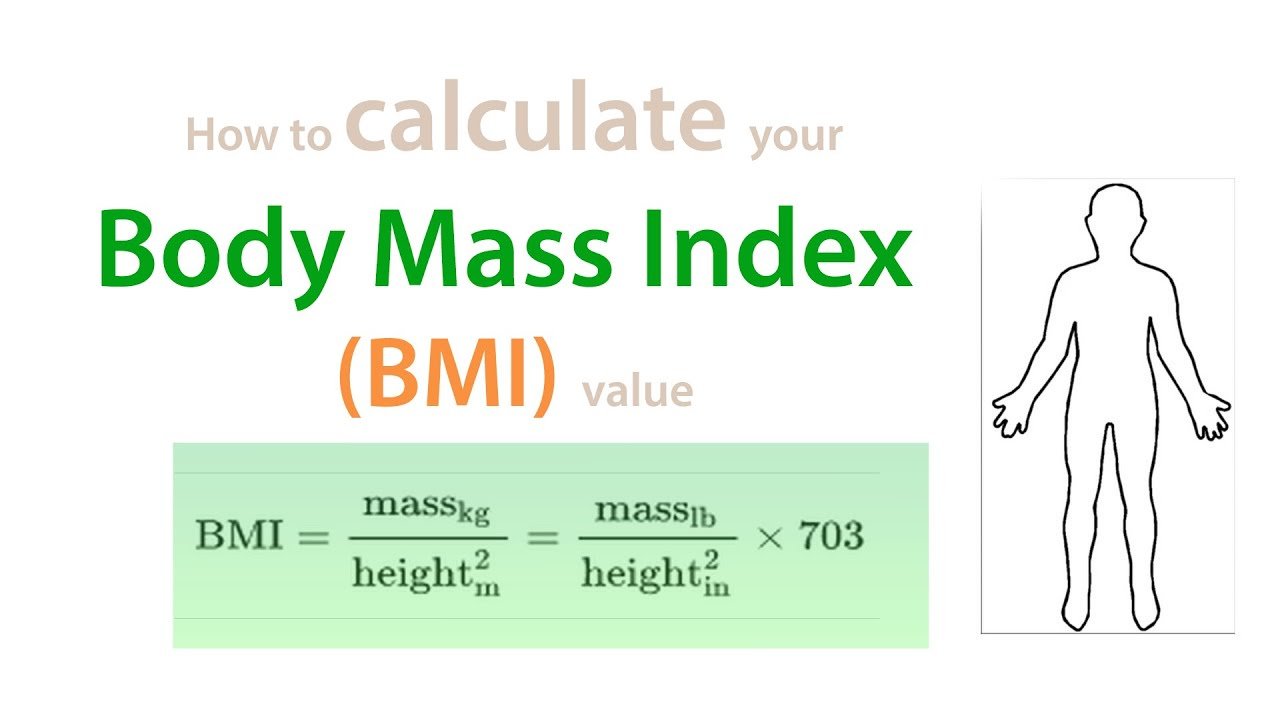Losing weight is one of the most common health goals worldwide, and two of the most popular methods people use are weight loss diets and fasting. Both strategies focus on controlling calorie intake and improving metabolic health, but they work in slightly different ways. Understanding how they function can help you choose an approach that suits your lifestyle and body type.
Weight Loss Diets: Structured Eating Plans
A weight loss diet is typically a structured plan that outlines what, when, and how much you should eat to achieve a calorie deficit (burning more calories than you consume). Common types include low-carb diets, Mediterranean diets, high-protein plans, and calorie-controlled meal plans. These diets often emphasize nutrient-rich whole foods like lean proteins, vegetables, fruits, whole grains, and healthy fats while limiting processed foods, added sugars, and saturated fats.
The benefit of a weight loss diet is its flexibility—you can tailor it to your personal taste and nutritional needs. A good diet doesn’t just reduce calories; it also provides essential vitamins and minerals to maintain energy and health while losing weight.
Fasting: Time-Based Eating
Fasting, on the other hand, focuses less on what you eat and more on when you eat. Intermittent fasting (IF) is the most popular form, where you alternate between eating and fasting periods—for example, eating within an 8-hour window and fasting for 16 hours. Other variations include alternate-day fasting or 5:2 fasting (five days of normal eating and two days of low-calorie intake).

Fasting works by giving your digestive system a break, lowering insulin levels, and prompting your body to burn stored fat for energy. Many people find fasting easier to follow than calorie-counting diets because it simplifies meal planning.
Combining Diet and Fasting
Some individuals combine both approaches—choosing healthy, calorie-conscious meals while following a fasting schedule. This can accelerate weight loss while supporting overall health, including improved metabolism, reduced inflammation, and better blood sugar control.
Both weight loss diets and fasting can be effective tools for achieving a healthier body weight. The key is to choose a method that’s sustainable, balanced, and fits your lifestyle. Consulting a healthcare professional or nutritionist before starting any new plan ensures you’re meeting your body’s nutritional needs while safely losing weight.
The Impact of Sugar on Your Body
![]()





